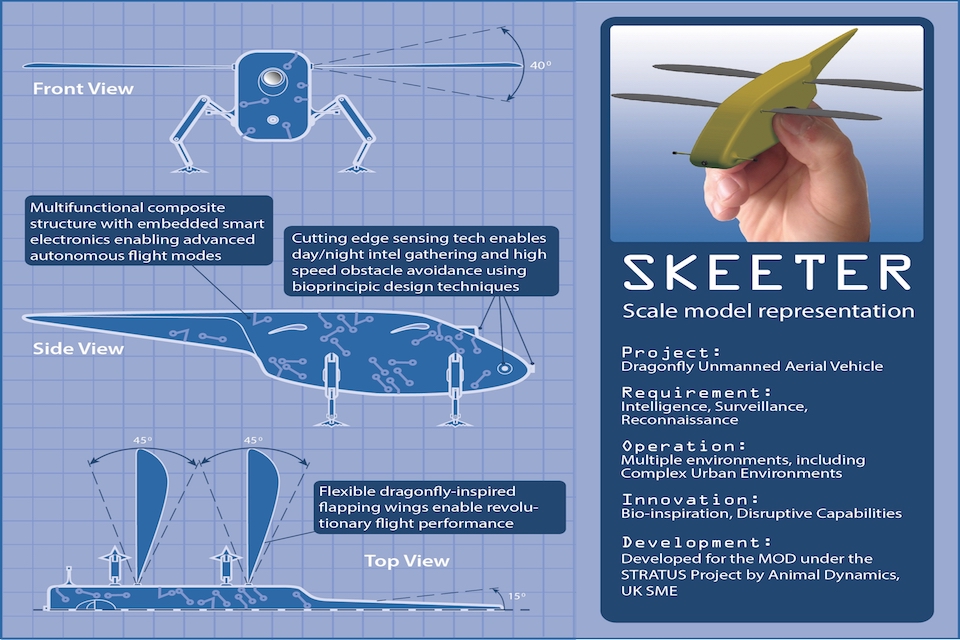- Home
- All News
- Police Scotland changes ‘must not deplete the frontline’
27 Feb 2017

Frontline policing in Scotland must be protected amid a range of changes being proposed by the single force, the Scottish Conservatives have said.
Police Scotland unveiled its plan for the next decade today, including an acknowledgement that officer numbers would have to reduce.
This is despite a previous pledge by the SNP to retain 1000 extra police officers on Scotland’s streets.
‘2026: Serving a Changing Scotland’ set out how the force will adapt over the next decade.
The report said there would be a £60 million black hole by the end of next year, a statistic that would endure “without the commencement of an effective transformation plan”.
Workforce numbers would be protected in 2017/18, the report said, but no such commitment was in place for future years.
Police Scotland said “bureaucracy” was still one of the major internal challenges it faced, despite the single force being created to reduce such issues.
And the paper poured cold water on SNP claims that Scotland is safer now than it’s been in 40 years, pointing out “crime figures are not an accurate measure of demand”.
At the document’s launch, the Scottish Police Authority warned 400 fewer officers would be in place by 2020, and that hundreds were already filling back office duties.
Scottish Conservative shadow justice secretary Douglas Ross said:
“These are extremely stark warnings about the future of Police Scotland.
“It’s absolutely imperative these planned changes do not deplete the frontline of policing in Scotland.
“The SNP created the single force on the basis it would save money, be more efficient and ensure more time could be spent fighting crime.
“Instead, four years in, there’s a black hole of tens of millions of pounds, officer numbers are to be reduced and bureaucracy is as much an issue as ever.
“The Scottish Government has been in sole charge of justice for nearly a decade now, and these bleak warnings are a Result of its choices.
“We now need urgent assurances that any changes made to Police Scotland’s approach will not put public safety at risk.”
To see a copy of the report, visit: https://consult.scotland.police.uk/consultation/2026/user_uploads/policing-2026-strategy-for-consultation.pdf

